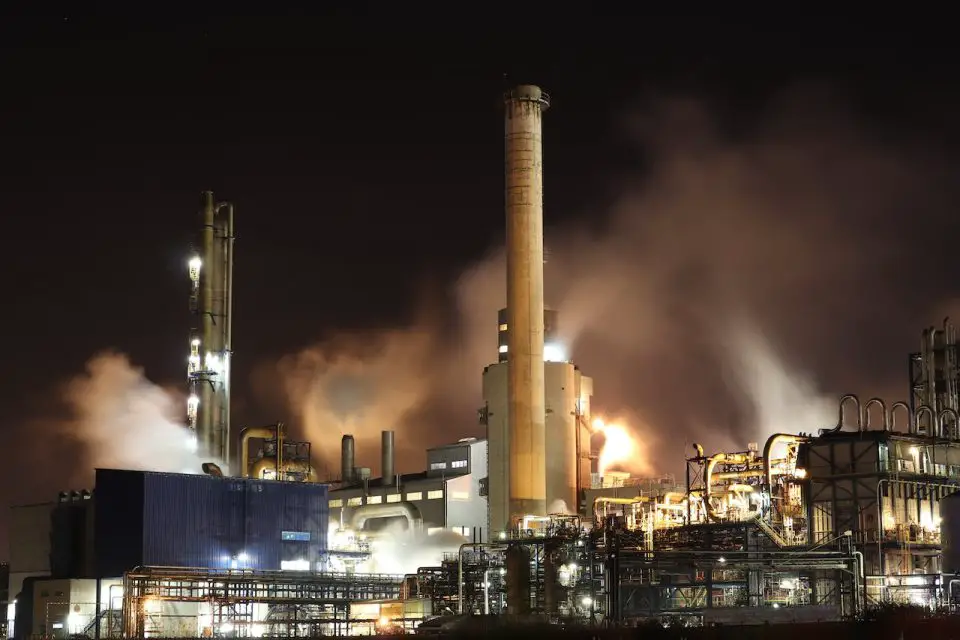Oil prices experienced a significant surge on Friday afternoon following the Israeli army’s announcement of an expansion in its ground operations in Gaza. The West Texas Intermediate settled 2.8% higher at $85.54 per barrel, while Brent (BZ=F) crude saw a rise of 2.3% to $90.48 per barrel.
This sudden surge in oil prices comes in the wake of escalating concerns regarding the Israeli and Hamas conflict, compounded by the United States’ strikes on Iran-backed facilities in Syria. CIBC Private Wealth energy trader, Rebecca Babin, emphasized the pivotal role of Iran in the oil market, stating, “Iran is a substantial crude producer, churning out approximately 3.2 million barrels per day. Any impact on the country’s output would further constrict supply.”
Despite the immediate uptick, this week witnessed an overall 3% dip in prices, driven by apprehensions about demand and indications that the conflict might remain contained. On Thursday, prices plummeted by over 2% due to diplomatic efforts aimed at postponing Israel’s ground invasion of Gaza.
The initial surge in prices was instigated by Hamas’ surprise attack on Israel earlier this month, propelling both Brent and WTI prices up by more than 4%. Looking ahead, analysts maintain an optimistic outlook for the U.S. oil industry. Despite the volatile situation in the Middle East, experts project a continual ascent in the crude market. With the U.S. oil industry heading towards a record-breaking year, the likelihood of heightened demand from both domestic and foreign buyers, coupled with additional political and commercial advantages, is high.
Ines Ferre, senior business reporter for Yahoo Finance, remarked, “The events in Israel and Syria underscore that we are still far from a stable situation in the Middle East, and it is likely to have short to medium-term effects on the global energy industry. Nevertheless, increasing political collaborations and commercial benefits should provide some stability, at least in the U.S. energy market.”
In summation, it is evident that the future of the energy market hinges on a multitude of factors within the ever-shifting political and commercial landscape. The ramifications of these developments will continue to reverberate in the global oil industry, with analysts closely monitoring the situation for further insights.
Source: Yahoo Finance

